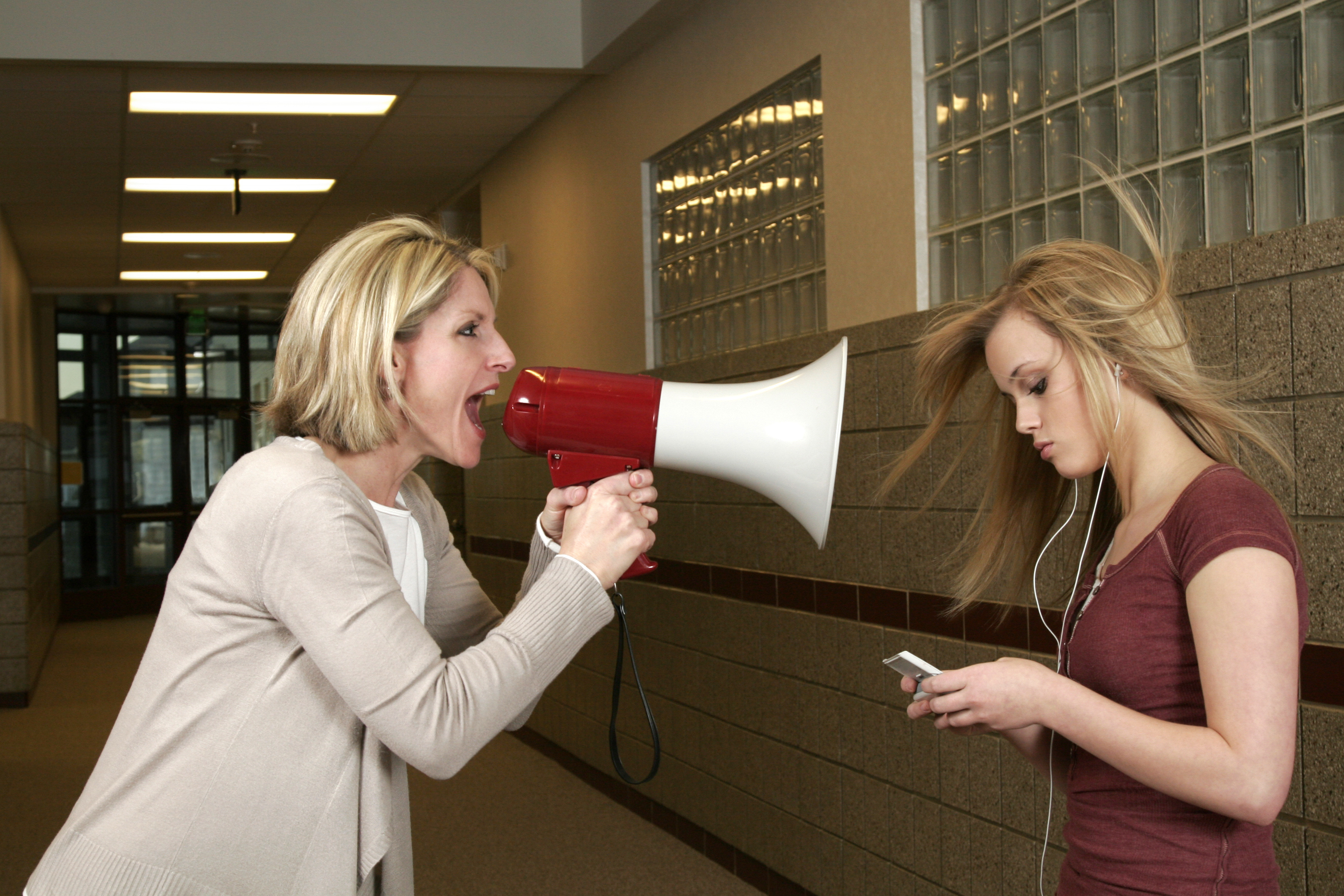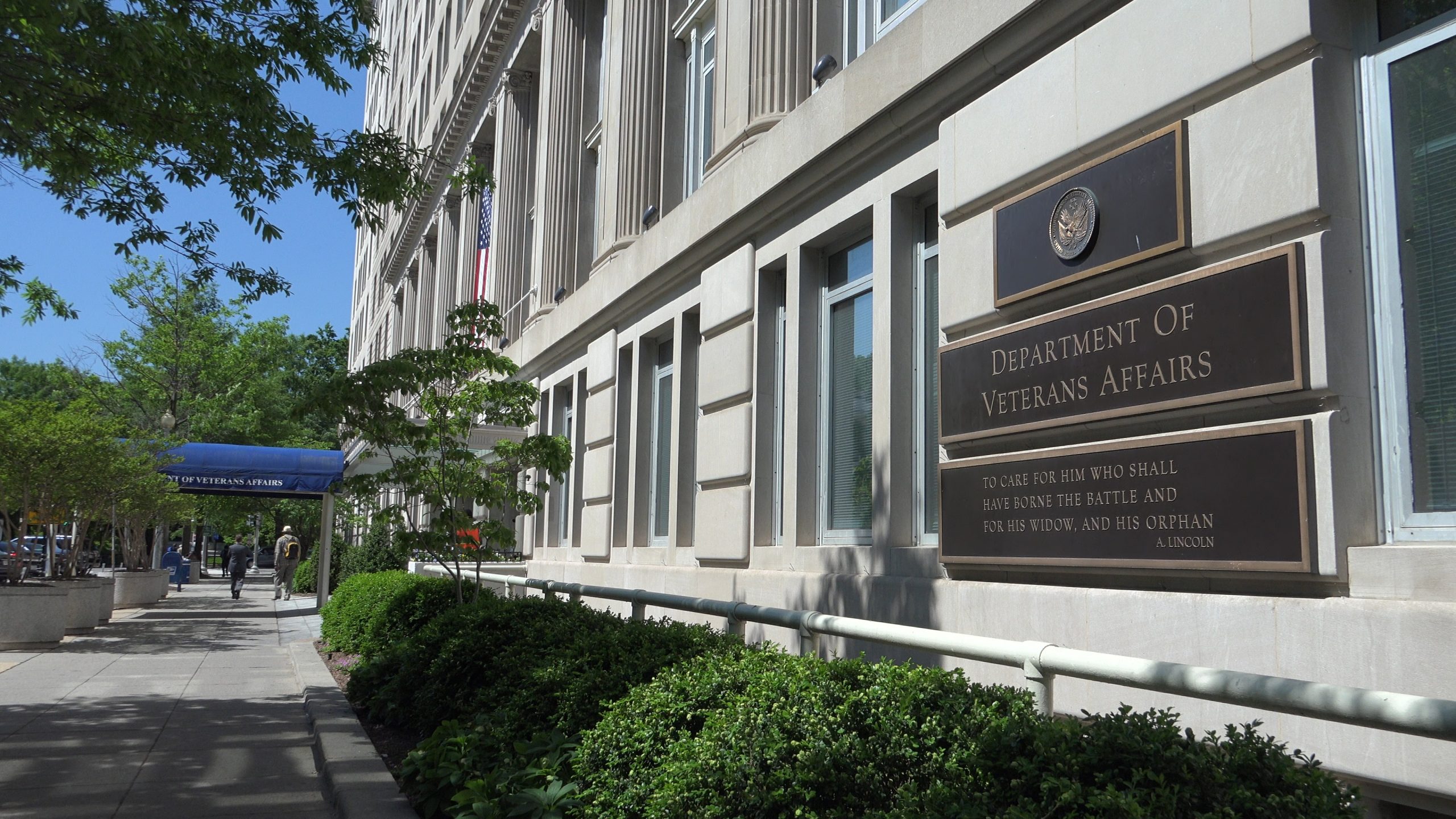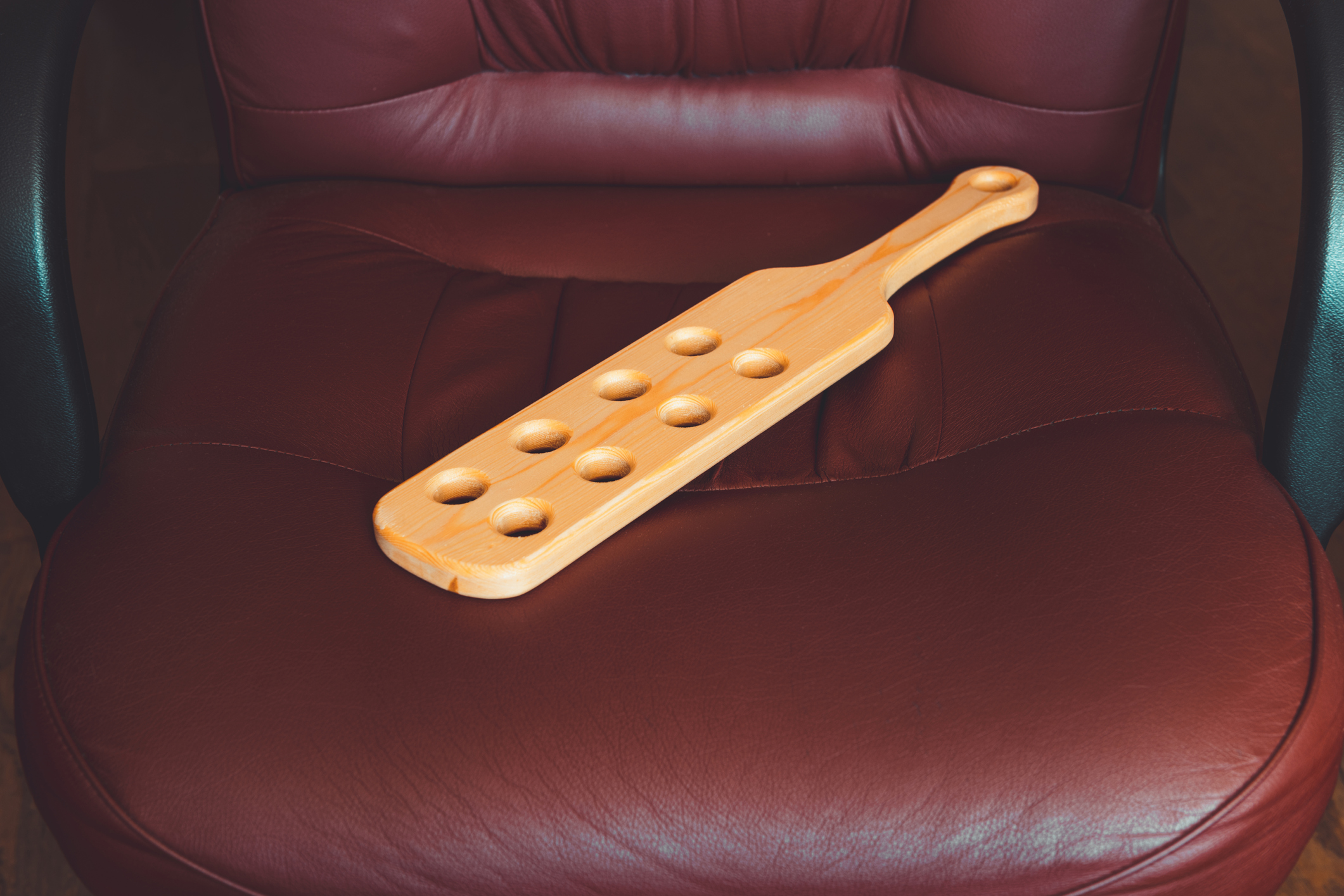Can Teachers Take Your Phone?
Today, it’s not uncommon for kids to get a mobile phone or other electronic devices at a young age. And almost all of them (including you) bring their “smart” phones or devices to school.
With so many kids involved in extracurricular activities after school, and parents carpooling and using apps like Lyft and Uber to transport their children here and there, this makes sense. And we also all too often see stories on the news about violence in high schools, and how kids in trouble are able to reach the police and their parents.
This everyday “hustle and bustle” along with current events makes it easy to argue that the use of cellphones in schools is necessary. After all, a student’s parents should be able to easily contact them. But if cellphones are allowed in school, how do we keep class periods free from constant text messages and social media? And how do we keep your grades up with an endless source of distraction in your pocket?
What Are Current School Rules About Phones?
Typically, state law permits the governing body of a school district, like your local school board, to create school policies about the possession and use of cellphones by students on school grounds. Schools take different approaches, which can make it difficult to know for certain what the cellphone policy is at a particular school.
Check out a comic from FindLaw on this same topic below:
Usually, schools take the stance that cellphone usage can cause a distraction or disrupt the learning process (can you blame them?). As such, you are typically prohibited from using your phone during class time and/or school hours. Disciplinary action varies, but it may include the confiscation of your cellphone for a set period of time. Typically you will then receive your phone back at the end of class or the end of the school day.
So if you’re allowed to bring your phone to school, can your principal, teachers, or other adults take your phone at school? Probably. But not permanently.
Do Student Rights Include the Legal Right To A Cellphone At School?
Just because school officials can temporarily take your phone doesn’t mean they have the right to go through it. United States Supreme Court Justice Abe Fortas wrote all the way back in 1969 that, “Students do not shed their constitutional rights at the schoolhouse gate.”
Additionally, the Fourth Amendment of the Constitution prohibits unreasonable searches and seizures of private property. And students like you have an expectation of privacy for their personal property. The ACLU says student property includes their cellphones. However, the legal standard used to decide when a search is legal doesn’t always apply to students. So don’t push your luck.
Typically, for a search to be legal, a judge will only issue a search warrant when something called probable cause exists. That means police would need to make an argument that they need to look at your phone to solve a crime. However, the Supreme Court has ruled that special circumstances sometimes exist in public schools, making the requirement for probable cause and a warrant unnecessary.
So while you retain some rights to privacy at school, if your school has a reasonable suspicion you’re violating school rules with your phone, they may be entitled to search it — or punish you if you refuse to unlock it. If you go to a private school, your school may have even more leeway to search your phone than if you go to a public school.
If you’re unsure of your school’s rules regarding cellphones during class hours or on school property, check your student handbook or code of conduct. Most importantly, if someone in charge tells you to put your phone away, listen to them.
Related Resources:
You Don’t Have To Solve This on Your Own – Get a Lawyer’s Help
Meeting with a lawyer can help you understand your options and how to best protect your rights. Visit our attorney directory to find a lawyer near you who can help.







